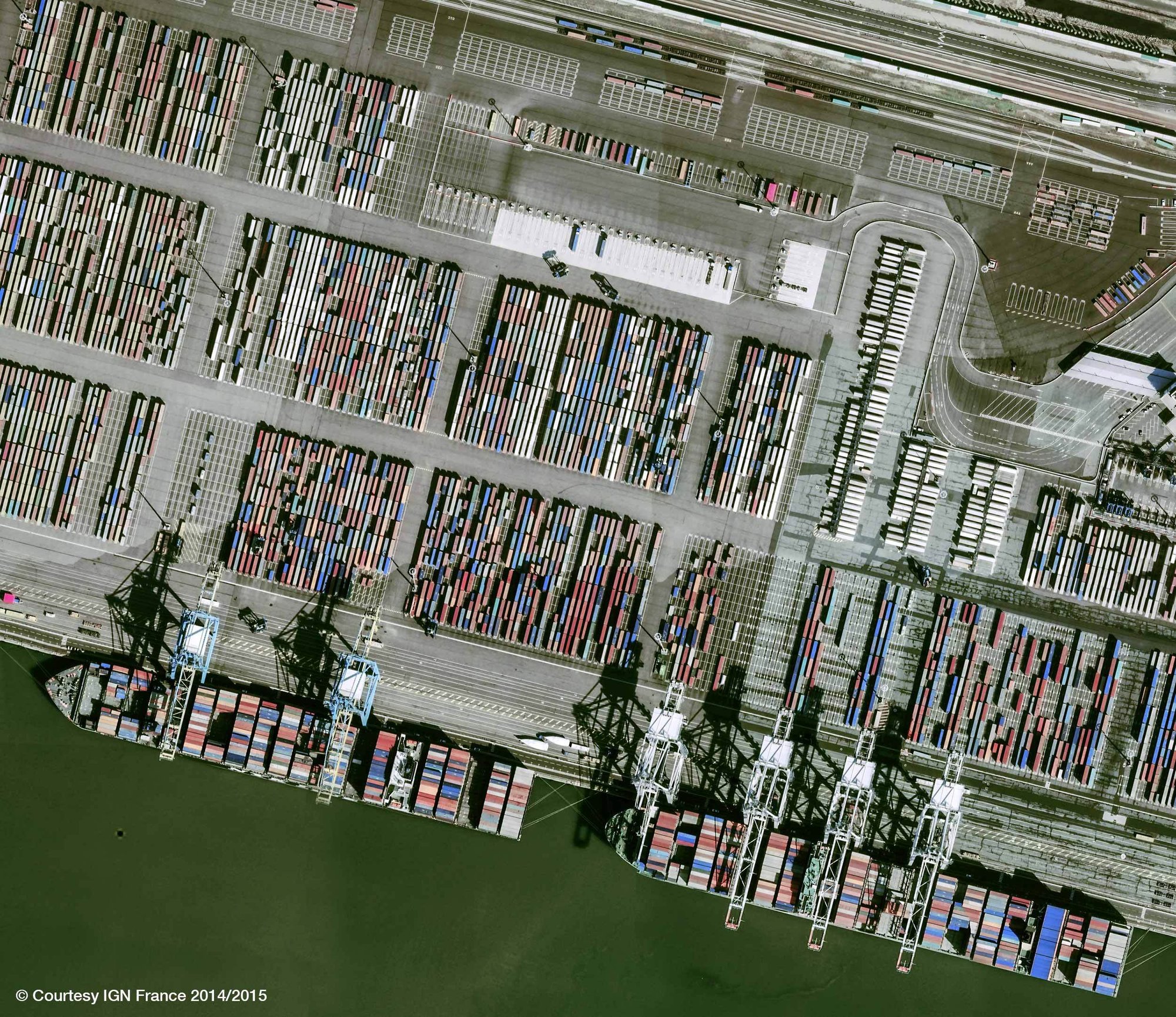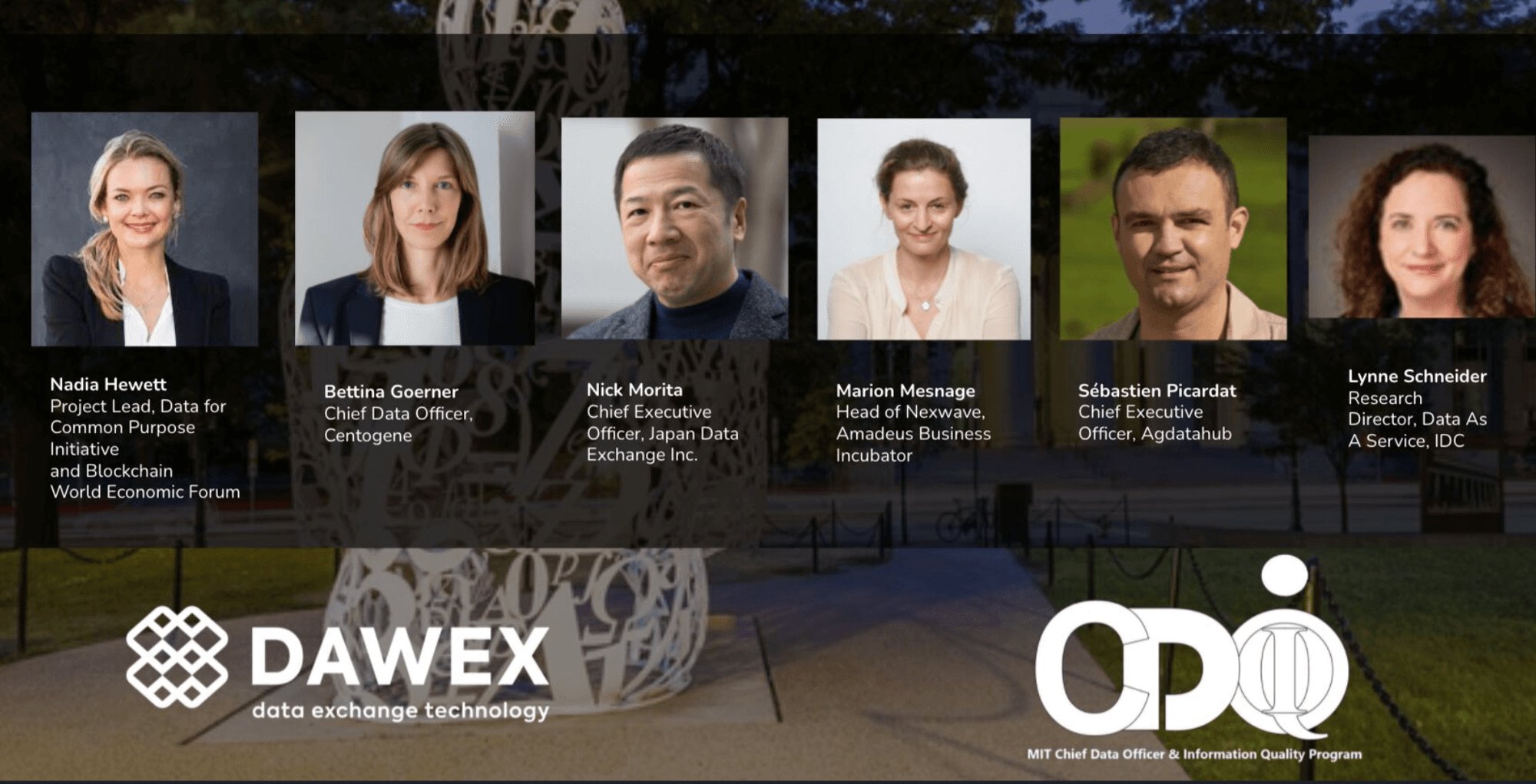Aerospace & Defense Data Exchange Solutions
A meeting point and a junction for all industries and ecosystems looking for Earth Observation data
An untapped abundance of earth observation data from isolated sources
The volume, accuracy, pace and richness of the information collected increases as satellites grow in number and sophistication. Earth observation data gathered from an ever-rising number of sources is in high demand, with every sector of activity seeking to gain access to this very precise, detailed and advanced treasure trove.
Let’s showcase spatial data and associated services
There is a unique opportunity to federate all use cases on a data marketplace that can bring together providers and users of unique spatial, geospatial and earth observation data, both in the private and public sectors. By leveraging Data Exchange technology, all interested parties will benefit from a secure and trusted environment to meet, exchange and share data.
To respond to the growing multi-sectoral demand, the Defense, Air & Space industry now can meet the data exchange value creation opportunity through relevant and high potential use cases.
Launch of Space Data Marketplace
Space Data Marketplace facilitates access to space data and creates value for the whole space industry in France, Europe and internationally.
Space Data Marketplace promotes a trusted data exchange and data sharing environment to build strong data partnerships, foster creativity and renew business opportunities, boosting the development of the space industries.

Providing a one-stop shop for earth observation data
A Space Data Exchange Platform empowers public and private organizations to meet and source, distribute and exchange spatial and correlated data.
This dedicated data hub will rally the multiple data providers and enable the aggregation of spatial, geospatial and earth observation data offerings, produced by numerous public or private players. The Data Exchange Platform brings the flexibility to offer data in free or paid mode, through open data or commercial licenses.
Powering smart cities with earth observation data
By 2050, two-thirds of the world's population will live in urban areas, with very high concentrations in some 50 megacities around the world. To manage this growth, technology and data have a central role to play and satellite data will be key, to address challenges such as:
- Building an urbanization plan based on energy consumption
- Developing smart infrastructure modeling
- Cultivating 3D modeling projects
- Facilitating traffic and mobility analysis
- Improving environmental impact analysis
- Forecasting health risk analysis
- Anticipating infrastructure and people safety issues

Improving energy and natural resources management through Data Exchange
Companies from the energy sector like natural resources, power utilities, grid operators, water management players and regulators have an increasing need for high-precision earth observation data to improve performance in:
- Foreseeing natural resources exploration requirements
- Optimizing site planning process
- Building action plan for energy extraction
- Facilitating asset management and infrastructure monitoring

Crucial earth observation data to optimize maritime transportation & logistics
Maritime transportation is still the most widely used means of transporting goods and natural resources.
Maritime transport players now can meet the data exchange value creation opportunity by leveraging myriads of spatial data through relevant and high precision monitoring such as:
- Following the movements of cargo ships
- Detecting any changes in port activity and infrastructure
- Conducting ocean surveillance and identifying unusual activities
Geospatial data for better and upgraded agriculture supply chains and monitoring
The agricultural world is experiencing a profound transformation with the development of precision farming, which is revolutionizing food production and supply chain management. Geospatial data plays a major role in this process for example by:
- Enabling the monitoring of agricultural production declarations
- Promoting a sustainable agriculture to reduce fertilizer use
- Providing major players and small farms with decision support tools
Government and public sector tackle major challenges with Data Exchange
The analysis of high precision earth observation data helps mapping activities in both urban and rural areas. With access to these insightful data, governments and public bodies can address challenges like:
- Optimizing land management
- Reducing carbon footprint
- Facilitating infrastructure monitoring
- Surveying cadastral transformation
- Anticipating the demographic evolution with population monitoring
- Forecasting GDP measurement

Harnessing data security and traceability to back Defense departments’ missions
The acceleration of advanced technologies implementations such as IoT and AI for defense and military applications generates large volumes of valuable and highly sensitive data. In such a sector, data security and traceability is of paramount importance. By leveraging a trusted and secure environment where equipment suppliers and manufacturers source, distribute and exchange data, Defense departments benefit from external data sources to better anticipate and fulfill their national and international missions and objectives. Additionally, strategic suppliers to these government entities can leverage defense-derived data to optimize current or future equipment.
By deploying a Data Exchange Platform, Defense departments and industry stakeholders gain traceability and control over the circulation of data, and rely on comprehensive datasets to:
- Forecast equipment diagnostics with predictive maintenance
- Improve product design and equipment resistance under extreme conditions
- Track and monitor equipment usage
- Conduct prospective research on new generation products and systems to invent, design and industrialize
- Address rapidly evolving contexts and develop innovative approach with design thinking
- Strengthen infrastructure and field activity observation with earth observation data
"An MIT survey of 1,000 AI leaders and experts from around the world indicates that two-thirds (66%) of companies are willing to share their data with other external organizations to help develop new approaches, products or value chains using AI. "
MIT Technology Review - 26th March 2020.
Want to kickstart, deploy and expand in the data economy?
Dawex advises public and private organizations on how to build their data exchange strategy, organize data circulation inside or outside their company, and become the orchestrator of their data ecosystem.
Improve your organization productivity and efficiency

Gain insightful perspectives on Data Exchange from peers
At the MIT CDOIQ Symposium 2021, innovative leaders from agriculture, travel & tourism, genetic & biotech, and commerce sectors engaged into an exciting conversation on ''Data Exchange and Data Marketplaces''.
During this session moderated by research firm IDC, industry leaders shared their expertise on building successful business cases, getting executive buy-in and defining business and operational models.
Gain a comprehensive view of Data Exchange challenges and opportunities from peers.
Grasp the latest news on Data Exchange
Receive quarterly insights, analysis and perspectives on the development of the data economy, the creation of data ecosystems, data exchange success factors and data marketplace business benefits.

